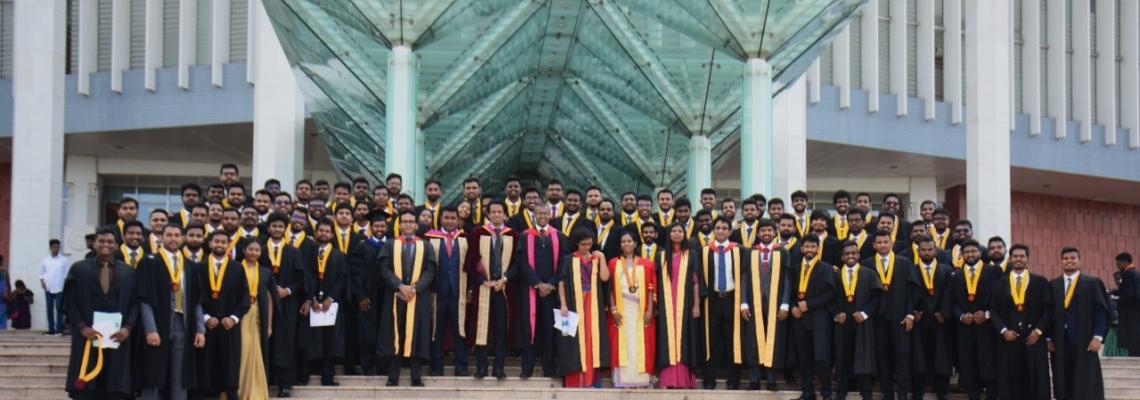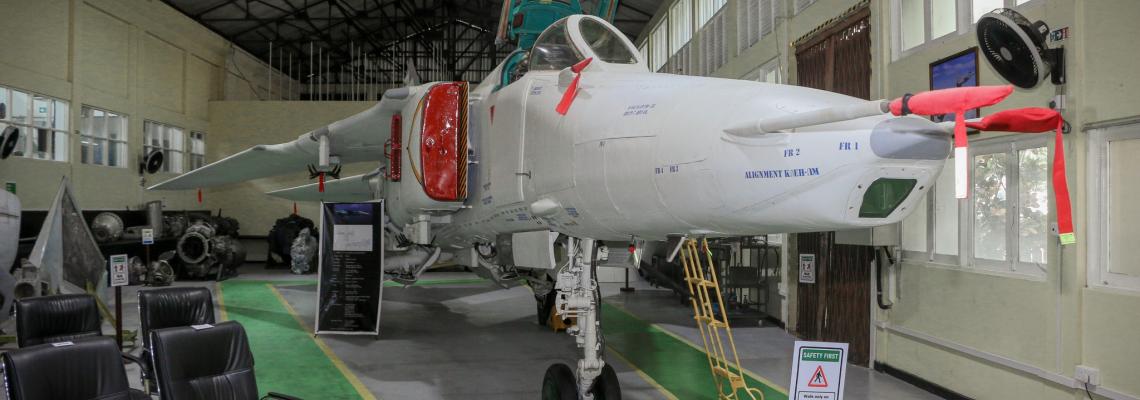Researcher(s)
Supervisor(s)
Dr. Samaraweera KKMNP / Dr. Ranasinghe RACP / Dr. (Mrs.) Wijewardane MA
Abstract
Thermoelectric (TE) technology allows the conversion of energy between thermal and electrical forms using noise and maintenance free solid-state devices. Nevertheless, the low efficiency of TE materials has hindered their use in commercial applications. For decades, the global research community has studied bulk materials to obtain minute improvements in efficiency. However, with the advent of nanotechnology, the ability to engineer the structure of materials began to show a significant enhancement of TE efficiency in low dimensional nanomaterials. Even so, the possibility of designing a plethora of nanostructures where many quantum effects control the overall efficiency of the material, has managed to bewilder the scientific community thus far. This research focuses on the development of a nanostructured semiconductor material to be used for automobile applications where most of the energy is lost in the form of waste heat. The use of classical Molecular-Dynamics based research tools have provided the ability to investigate atomic scale properties of materials. Preliminary investigations into thermal properties of nanostructured silicon have provided a 99.6% reduction in thermal conductivity which is a key factor in improving the TE efficiency. Further investigations are being conducted to develop a TE material optimized to be used in various sections of automobiles.
Keywords
Thermoelectric materials, Nanostructures, Classical Molecular-Dynamics








